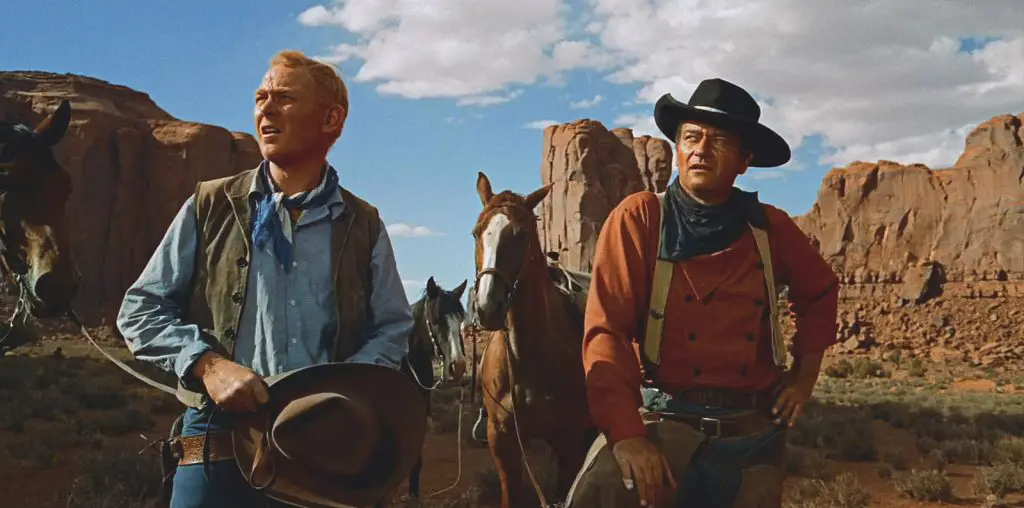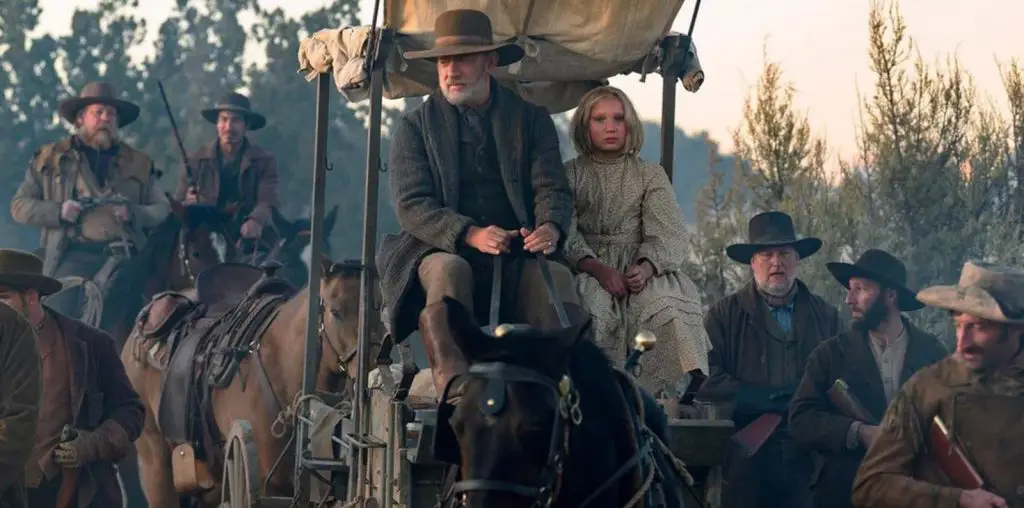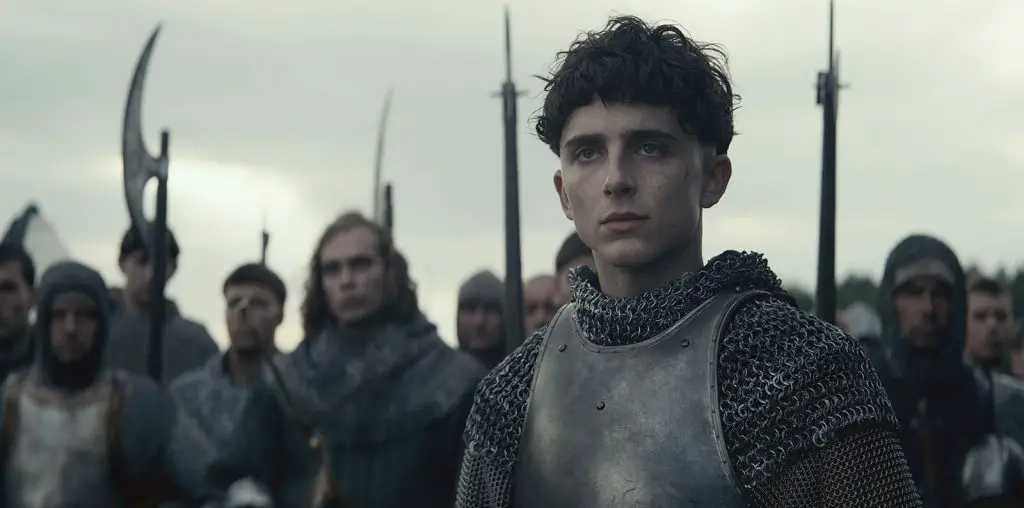
Edge of the World, directed by Michael Haussman and written by Rob Allyn, is a period-piece adventure that brings viewers to the jungles of Borneo when “the sun never set on the British Empire.” Disillusioned with his life as a soldier in the British Empire, James Brooke (Jonathan Rhys Meyers) sets off in hopes of discovering himself while exploring the globe. Joined by his cousin Arthur Crookshanks (Dominic Monaghan), the two adventurers seek to fill in the missing edges of the map at the height of Victorian Britain.
Initially, James finds himself in Borneo on a mission to catalog his experiences and find himself in nature. However, when enlisted by locals to stop a rebellion, James and Arthur find themselves up against headhunters, pirates, and the jungle itself. Through ending local conflicts and brokering alliances with warring factions, James is named Rajah of Sarawak. Despite his good fortunes, he soon finds himself caught between his new home and his old country as Great Britain seeks to add another jewel to the crown.
I tend to be rather picky when it comes to historical films. I was a history major in college, specializing in British History, specifically British Imperialism. With that said, I know the story of James Brooke nearly inside and out. Both as a historian and film fan, I can say this film does the source material justice. Haussman does an excellent job conveying the British sentiments towards native populations and capturing the ideas behind colonization.
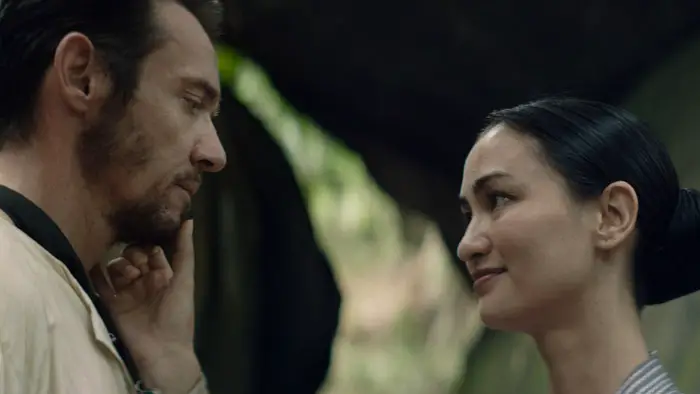
“…James and Arthur find themselves up against headhunters, pirates, and the jungle itself.”
Beyond the academic, the director creates a foreboding, intense atmosphere throughout the film. Each scene encapsulates the sense of mystery and adventure that drew James to the Malaysian state along the coast of Borneo. These scenes are expanded on by the film’s superb score, creating tension in every dashing fight and tranquility in every shot of the gorgeous landscape.
Edge of the World does fall into some problems with pacing, however. Typically, when pacing is a problem, it is because scenes move too fast to keep up with or sequences are so slow it’s painful. This is a strange case of both. Some moments are so quick you never get to digest the gravity of what is happening, and others are so focused on small details that important themes are glossed over. These problems are understandable at times, given the rich history from which the story is pulling, but not always forgivable.
I love adventure films; even more so, I am always fascinated by new takes on the “Pocahontas narrative.” From Dances with Wolves to Avatar, each installment in the genre reveals something sinister about empires and the ironic, imposed distinction between “savages” and the “civilized.” Edge of the World carries on this tradition through the familiar lens of British explorers and the muse of Rudyard Kipling.
Despite pacing issues, the film is a good look at imperialism and the mind of “the white Rajah.” The beautiful locations give the film an ambiance of mystery and adventure. But, by no means is it a popcorn flick. Still, if you are looking for phenomenal jungle footage and an evening of analyzing the personal conflict of colonization, Edge of the World is a solid watch.
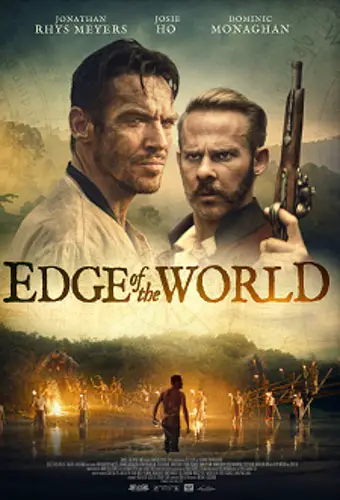
"…creates a foreboding, intense atmosphere..."
